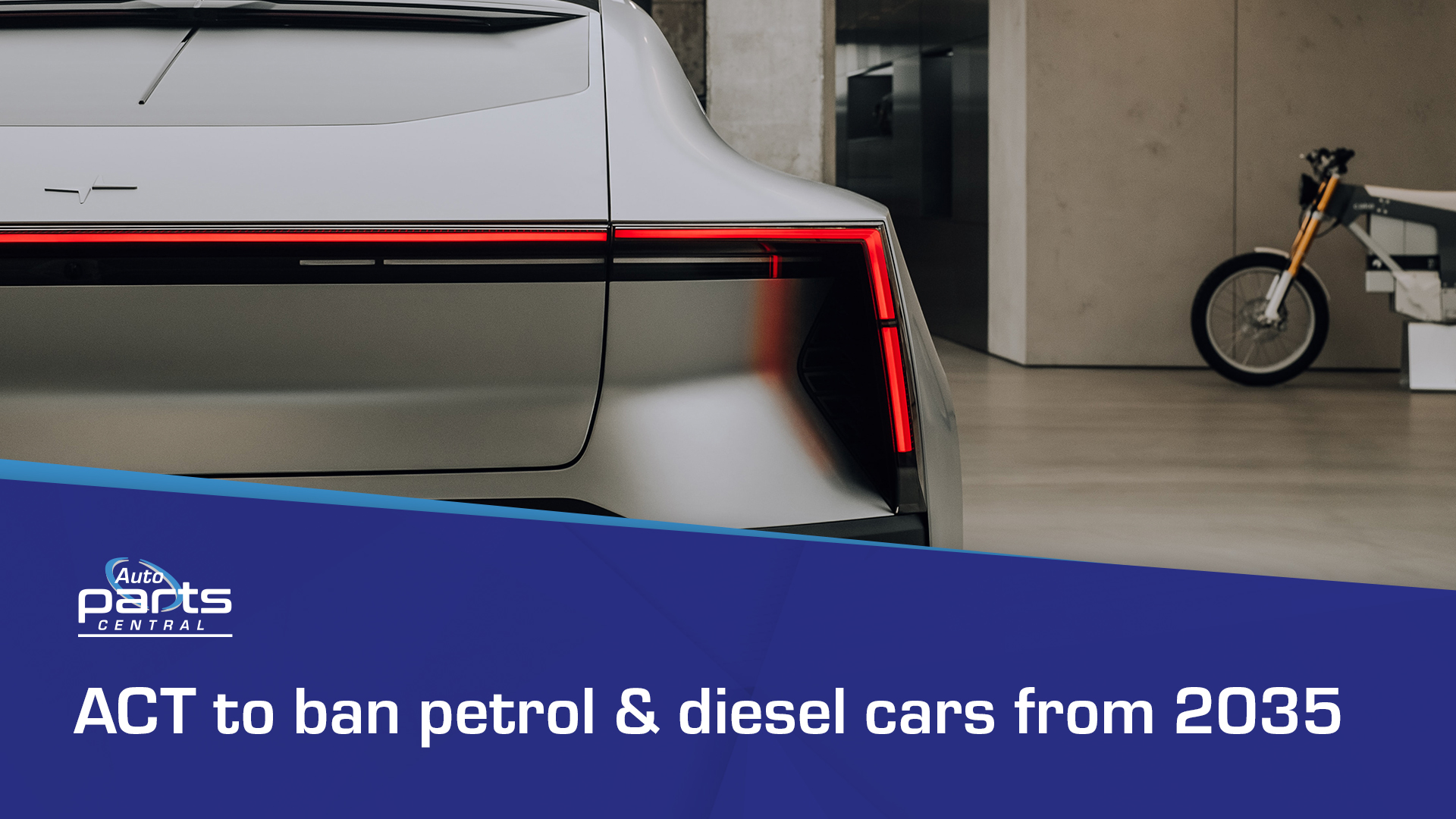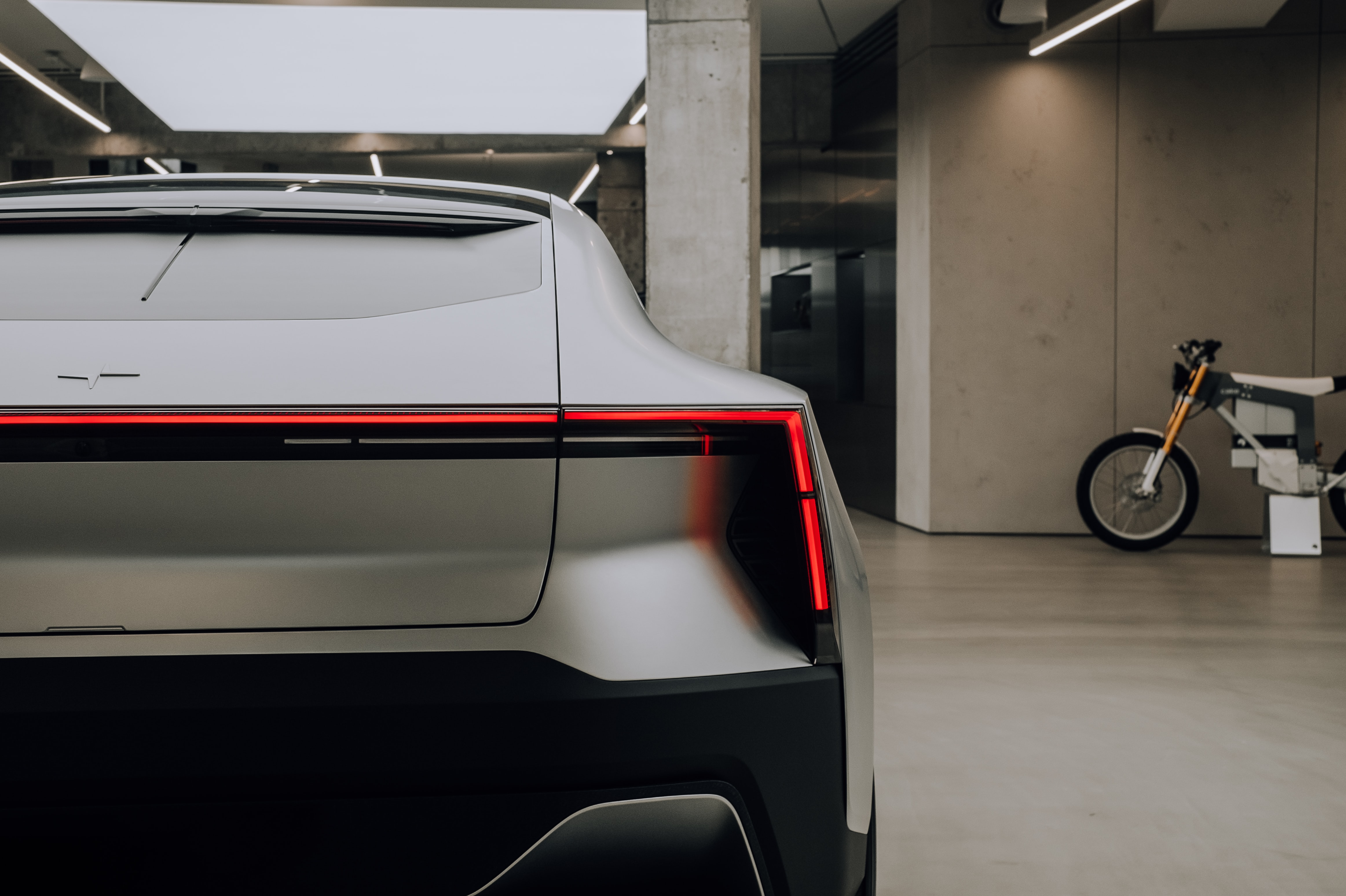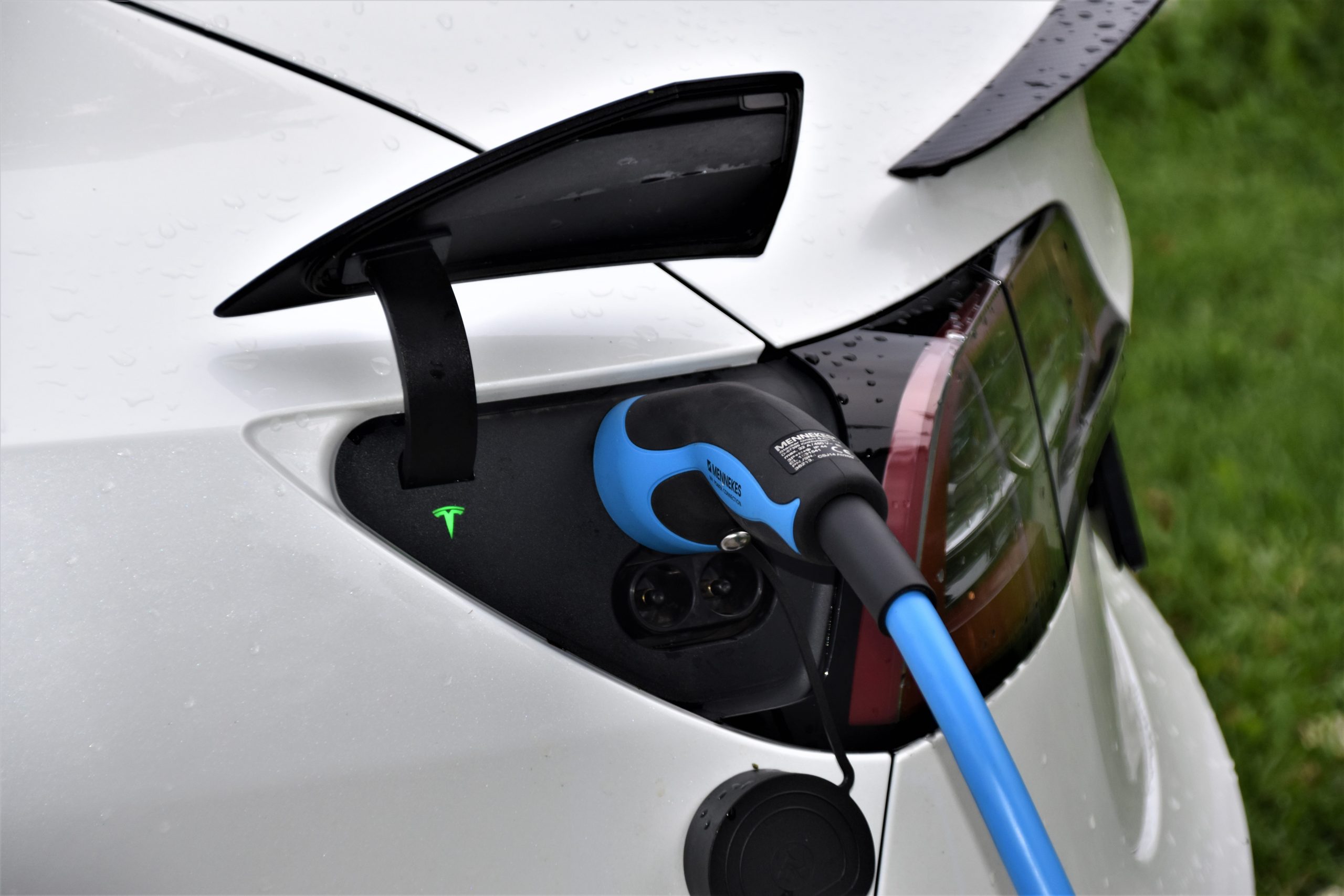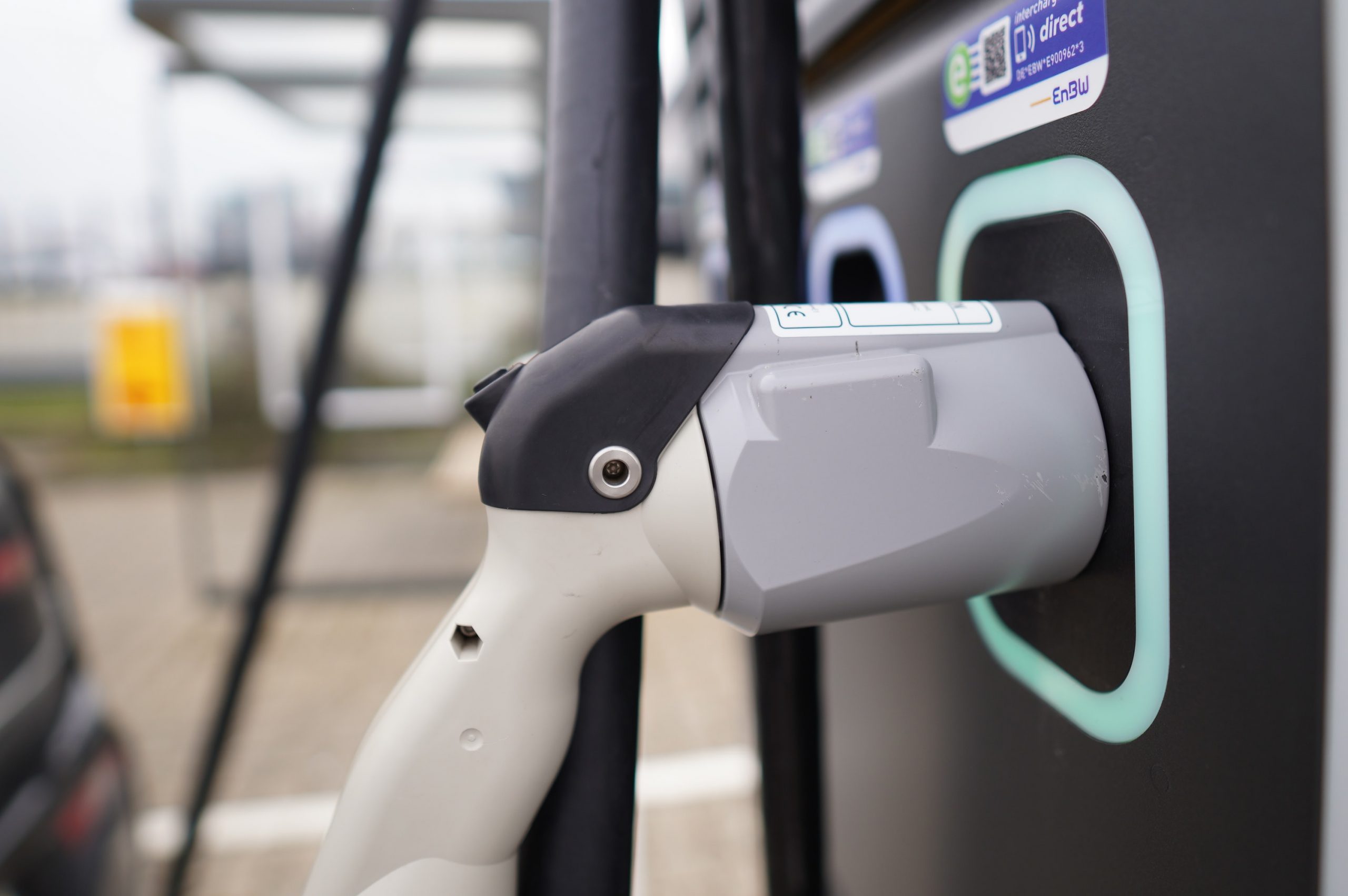OFFICIAL: ACT to ban petrol & diesel cars from 2035

The end now has a date.
After initial reports by major media outlets in mid-July, the Australian Capital Territory has officially become Australia’s first state or territory to announce an end date for the sale of new petrol and diesel cars… 2035. This shouldn’t come as a surprise, however, as the ACT signalled its intention to ban the sale of new petrol cars last year, when it signed the COP26 declaration to accelerate the transition to 100% zero-emission vehicles.
Although the ban is set to begin in 2035, the ACT is reportedly aiming for 80 to 90% of new light vehicles sold by 2030 to be electric or hydrogen-powered. It should be noted that this ban only applies to new car sales, so don’t worry, you can still buy something packing a 6.0L V8 off the used car market with no issues! The commitment also does not (currently) include heavy vehicles (such as b-double trucks), as the strategy is aimed at personal transport vehicles. Other components of the ACT’s zero-emmission vehicle strategy includes switching the ACT Government’s fleet to electric or hydrogen power, as well as expanding the public vehicle charging network to 180 points by 2025, and excluding petrol & diesel new cars from taxi and rideshare fleets by 2030.

ACT Emissions Reduction Minister Shane Rattenbury said that announcing the ban now encouraged preparedness for the change: “We’re about setting an early message now, being clear about where things are going and giving people time to organise the transition.” Understandably, this bold strategy is causing many people to be concerned, one of whom is the CEO of the Australian Automotive Dealer Association (AADA), James Voortman: “We still hold concerns around the foreshadowed phase-out of [petrol and diesel cars] from 2035, but are pleased that the Government has said it will review this milestone…”
“If we have learned anything in the past two years it is that the new vehicle supply chain is incredibly fragile. While we hope that we are able to supply 100 per cent [zero emissions vehicles] by 2035, there are too many unknown variables to say with confidence that we can – reviewing this target in the lead up to 2035 is a sensible commitment.”
Another pressing issue is the current affordability (or lack thereof) of electric vehicles, with concerns that they may not be widely affordable by the time the ban kicks in.

Mr Voortman noted “I don’t think a ban is the right way to do this. We are really locking ourselves in at a time where we really don’t know what the future holds.” He believes that if EV’s become more accessible, people are going to buy them – a similar trend we’re currently seeing with hybrid vehicles, which Voortman is “sure that will translate to electric vehicles.”

With the ACT committing to this strategy now, we can only assume that it is a matter of time until other states and territories follow suit – an occurrence which may bring rise to laws surrounding the sale of petrol and diesel cars at a Federal level.
